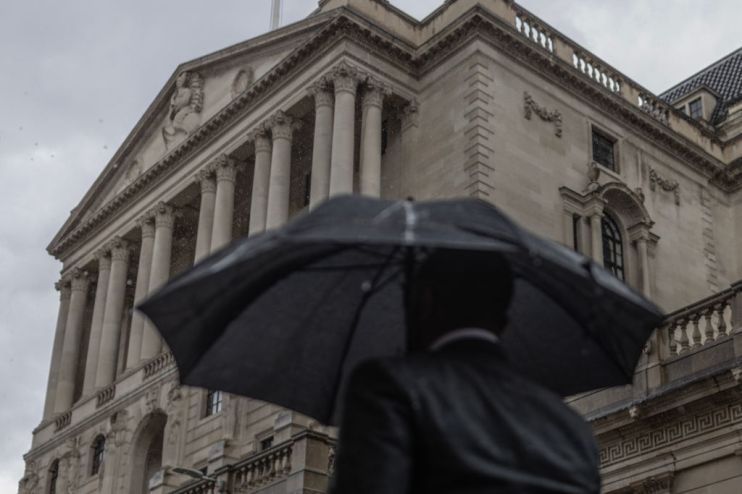Don’t be fooled by data quirks, sky high interest rates are hurting Brits

Higher interest rates are good news for some, but we should not let that distract from the overwhelming reality, writes Kevin Ferriter
The Resolution Foundation think tank released research last week showing that higher interest rates are boosting people’s incomes. This might sound counterintuitive, but it makes sense. Nearly 40 per cent of mortgage holders have not yet re-fixed at the punishingly high rates that followed the Conservative’s mini-budget of September 2022. Meanwhile, the interest rate applied to people’s savings has increased. As a result, the income statistics have been temporarily flattered. Alas, this is nothing but a quirk in the data – the reality is that high interest rates are hurting Britain.
There are three reasons why.
First, mortgage holders whose fixed rates have not yet come up for renewal know it is around the corner. In the context of the broader cost of living crisis, households do not have the luxury of waiting to rein in their spending. They are cutting back already. This is particularly true because people know that any mortgage fixed at a new rate will hurt them for many years to come. The Bank of England might reduce interest rates in the future, but theirs will still be stuck at their older, higher level.
Second, we should return to the insights of John Maynard Keynes. Keynes showed that poorer households both save and spend some of a boost to their incomes. Rich households, on the other hand, largely save it all. The benefits of higher interest rates on savings have fallen almost entirely to the very wealthiest. As the Resolution Foundation has pointed out, the top five per cent of households hold nearly half of savings. The bottom half of households hold just three per cent. More money piling up in wealthy savings accounts harms the economy.
Third, Bank of England research suggests people cut spending five times as much in response to a negative shock than they increase it when they experience a positive shock. Increasing costs on poorer families will cut their spending hard and fast. Increased income for a wealthier family will increase their spending by just a little.
Taking this into account, Labour Together analysis has estimated that higher interest rates reduced consumer spending by over £10bn. And this is only looking at this specific channel by which interest rates reduce economic activity, so will understate the full impact.
Even aside from the economic analysis, the notion that higher interest rates have improved the economy is anathema to the experiences of most people in the country.
The biggest hit from higher interest rates falls on mortgage holders. Those refixing this year will see their bills rise by £1,800 according to the Resolution Foundation. And this comes on top of the increase in their tax rates, and higher energy and food bills.
You might argue that those saving for a house benefit from higher interest rates. But this is before you account for the decimation of housing affordability. Our analysis shows that the monthly mortgage payments for a typical first-time buyer mortgage have increased 45 per cent more than incomes over the past two years. And despite forecasts for big falls in house prices, they have only edged down modestly so far. This is further evidence that supply is behind the housing crisis and we need to get Britain building again to fix it.
If you speak to voters across the country today, they often cite the mini-budget as the final nail in the coffin for the Conservatives’ economic credibility. And they are now faced with a choice between a Labour Party that will bolster the institutions that protect us from interest rate spikes, and a Prime Minister who “viscerally hates” the OBR.
It is little surprise that the voters who have been most impacted are rejecting the Conservatives most forcefully. In the 2019 General Election, Labour was around 10 points behind the Conservatives among mortgage holders. Now it is roughly 30 points ahead according to YouGov. This is a notably bigger margin than its overall 20-point lead. Voters connect this government’s failure with their higher interest rates and their own economic travails. They are right to.